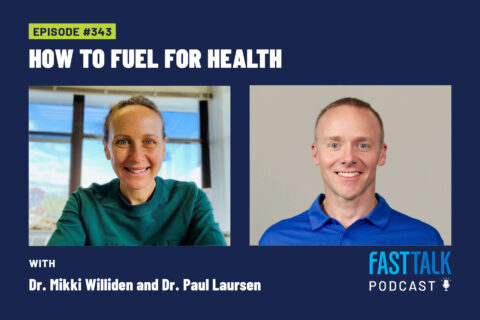
How to Fuel for Health
There’s an important difference between fueling for performance and fueling for health. In this episode, Dr. Mikki Williden and Dr. Paul Laursen give their suggestions on how to fuel for health.
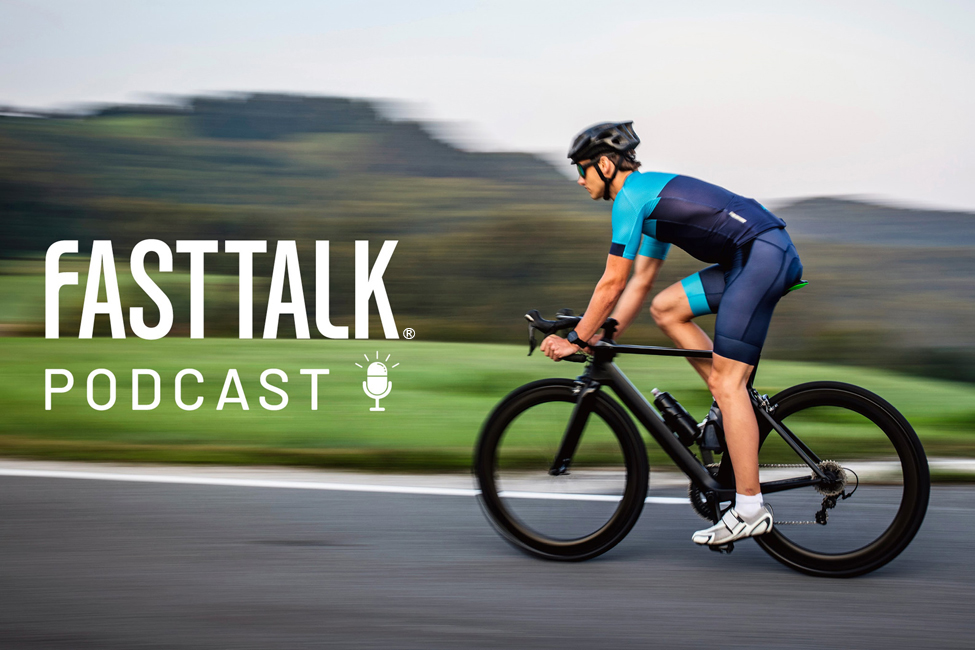
The Fast Talk Podcast focuses on the science of endurance sports in a conversational and informative style. Mixed into the deep discussions, there are tips and takeaways regarding endurance training philosophy, human physiology, workout design, performance nutrition, and sport psychology.
Our hosts Trevor Connor and Rob Pickels explore these topics with world-class, leading experts on endurance sports. These include researchers like Dr. Stephen Seiler, Dr. Bent Ronnestand, Dr. Inigo San Millan, as well as coaches such as Joe Friel, Neal Henderson, Stacy Sims, and Grant Holicky.
Subscribe to Fast Talk for over 275 episodes on Apple Podcasts, Google Podcasts, Overcast, Soundcloud, Spotify, Stitcher, and on your favorite podcasting app.

There’s an important difference between fueling for performance and fueling for health. In this episode, Dr. Mikki Williden and Dr. Paul Laursen give their suggestions on how to fuel for health.
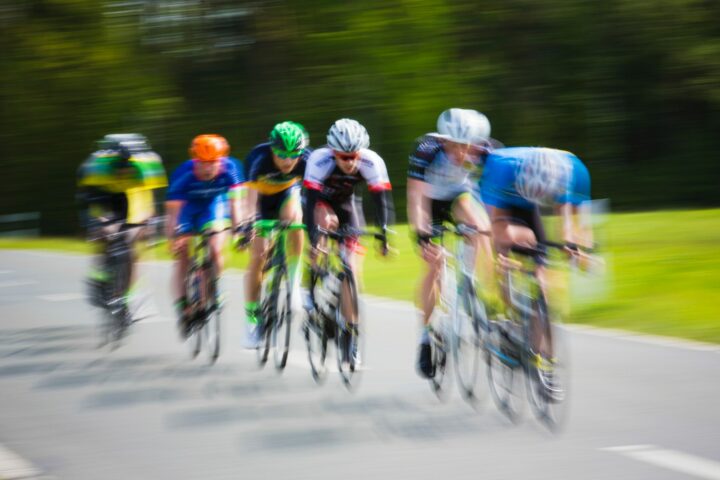
High-intensity training offers many benefits. It also has limitations. We explore just how much HIT work you need to perform at your best.
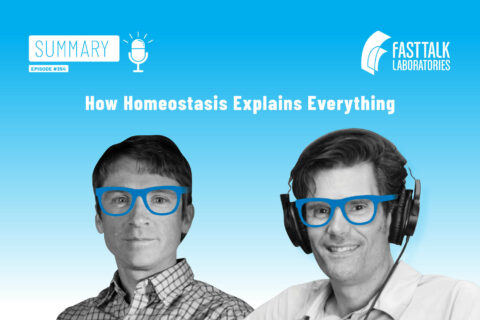
In this summary episode we discuss how homeostasis is at the core of almost every function in our bodies, including how we train and stay healthy.
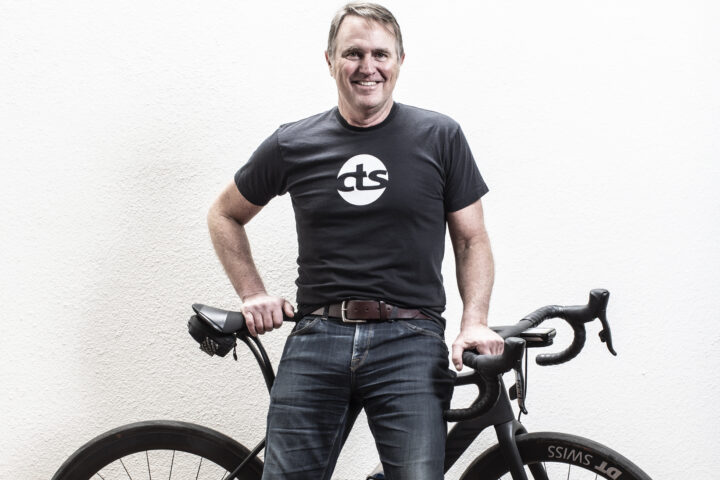
The author of The Time-Crunched Cyclist joins Fast Talk to discuss the science, merits, and limitations of the time-crunched training method.
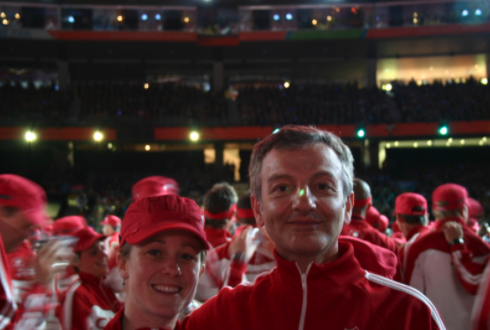
We’re joined by Houshang Amiri, a UCI Elite Coach and Trevor Connor’s coach at the Canadian National Center, to address questions about gran fondo endurance, developing anaerobic power, and how to pace 5×5 interval workouts.
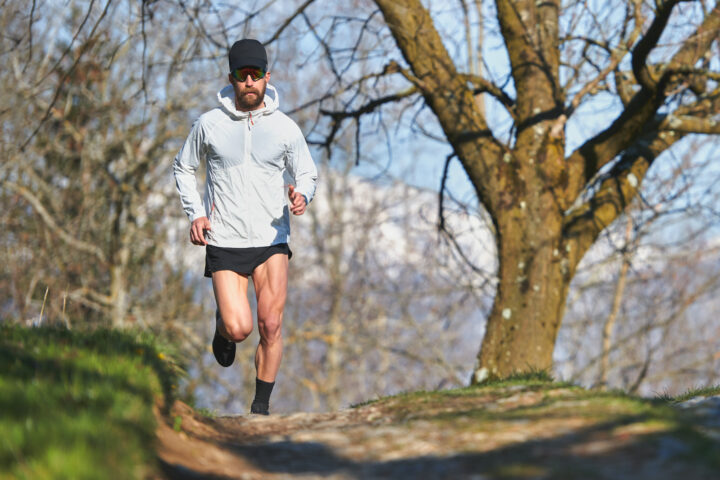
The author of The Athlete’s Gut talks with us about digestive issues like bloating, cramps, pain and inflammation, all of which can derail the best event preparation plans.

Dr. Stephen Seiler shares his current research involving new tools, breathing techniques, heart rate variability, and… beer!
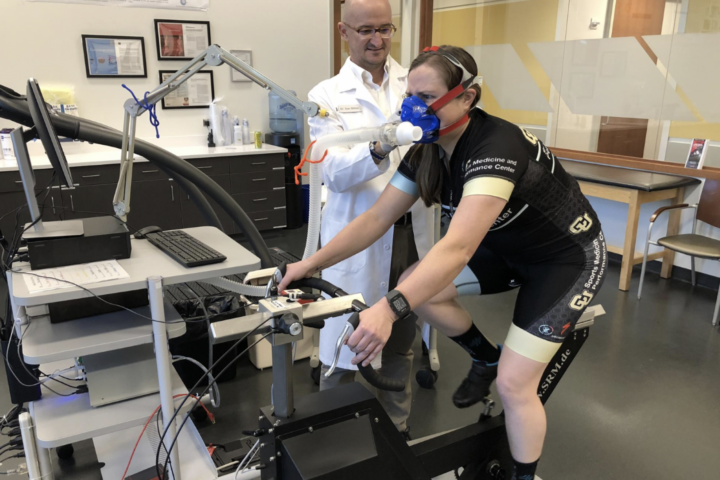
Dr. San Millán, the coach of Tadej Pogačar, discusses the physiology of training, biomarkers of recovery, and why we don’t want to be in a constant catabolic state.
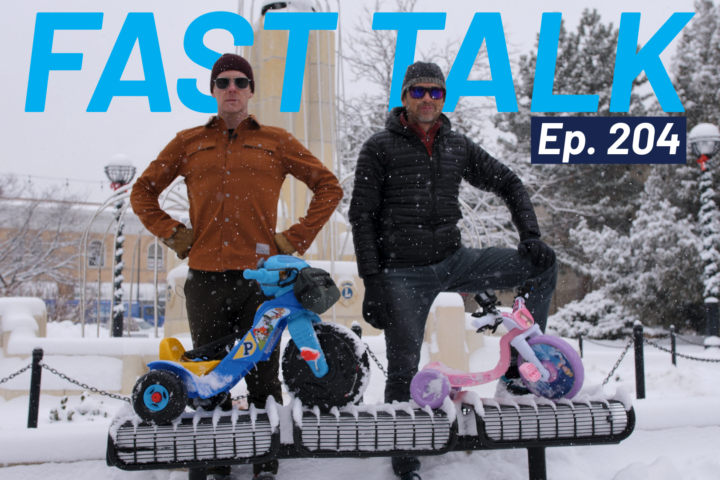
Chris Case is leaving Fast Talk! For his final episode, we gather some of his close cycling friends to discuss Chris and his epic rides, his parting wisdom, and what has made him a special part of Fast Talk.

We asked for your questions on our 200th anniversary episode and we got so many of them that we decided to dedicate another episode to answer them.
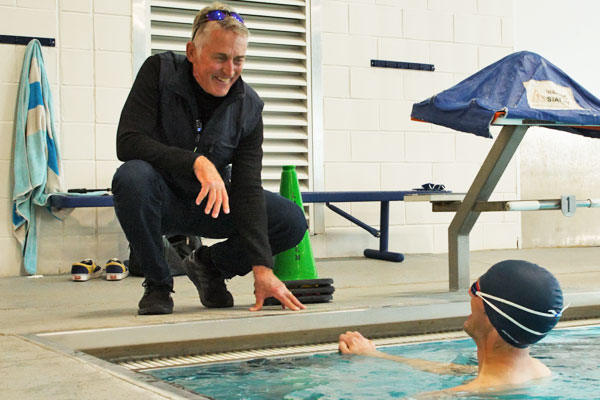
Legendary coach and endurance sports author Joe Friel sits down with us to discuss the history of coaching and his role in that history, from being one of the first freelance coaches to publishing his ground-breaking book The Cyclist’s Training Bible.
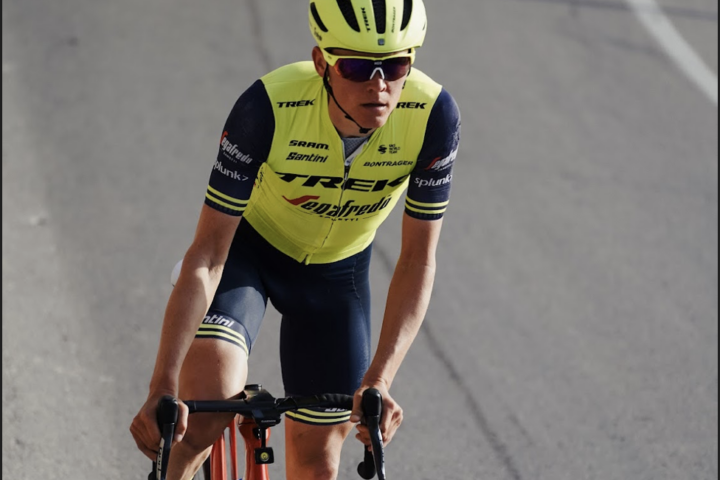
Multiple-time Polka Dot Jersey Holder, Toms Skujins, discusses lactate testing, CGMs, ketone strips, and taking his own blood on the side of the road.
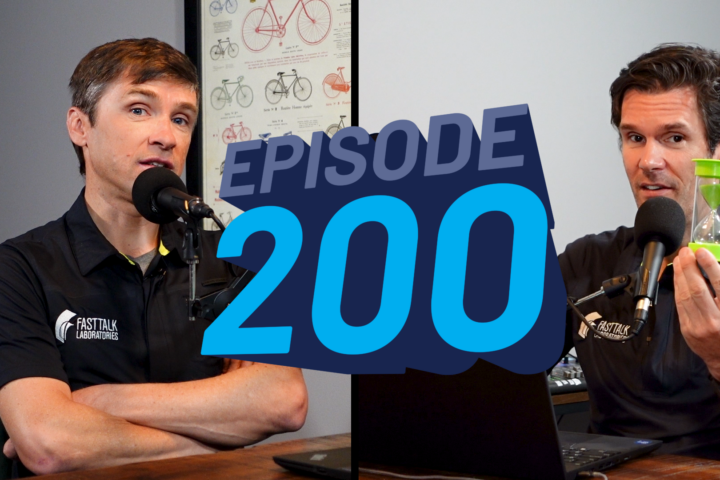
What will the future of endurance sports look like? From training to research to racing, we examine what is to come.

The author of The Time-Crunched Cyclist joins Fast Talk to discuss the science, merits, and limitations of the time-crunched training method.
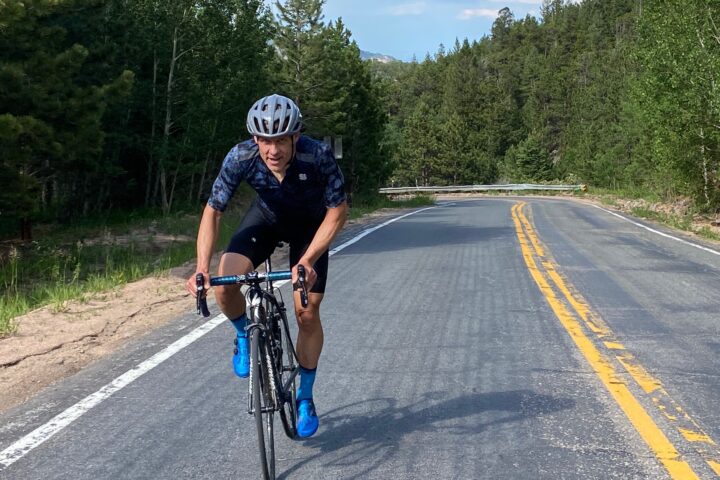
Fast Talk all-star guests including Dr. Iñigo San Millán, Dirk Friel, and Ben Delaney reveal their favorite workouts.
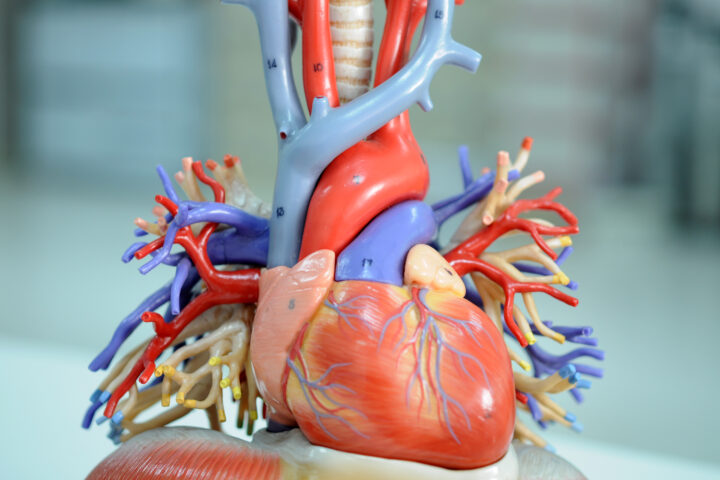
We explore the ways in which the heart changes through training and adaptation with two leading experts in sports cardiology.
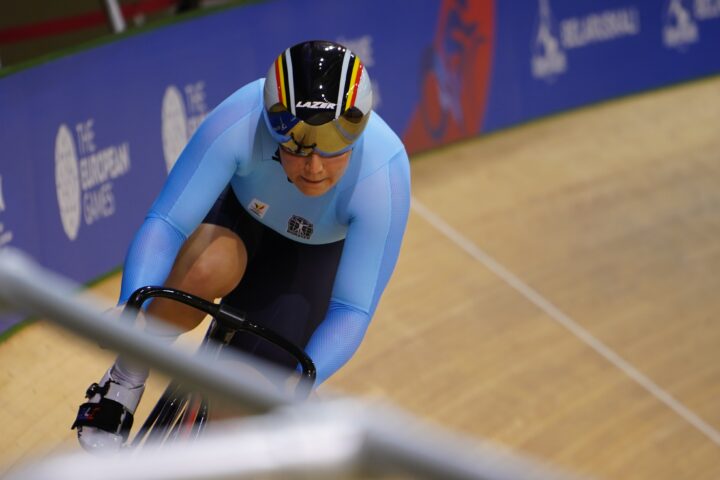
We’re joined by coach and athlete Julie Young who helps us field questions on how to build an annual training plan, coping with race stress, and overcoming body image issues.
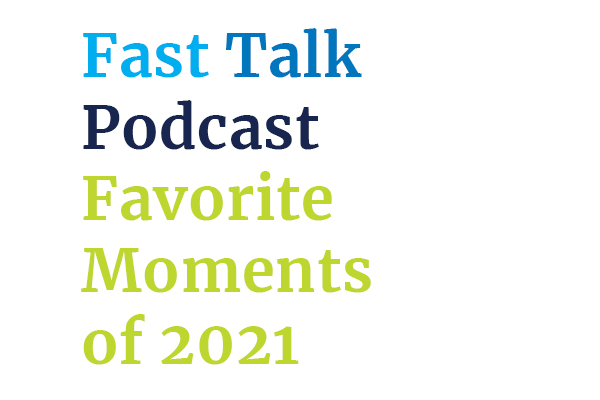
We revisit our favorite Fast Talk conversations from 2021 with a variety of fascinating guests.

Physiologist and coach Adam St. Pierre helps us explore questions on Nordic ski training, signs of recovery, and mixing various training modalities.
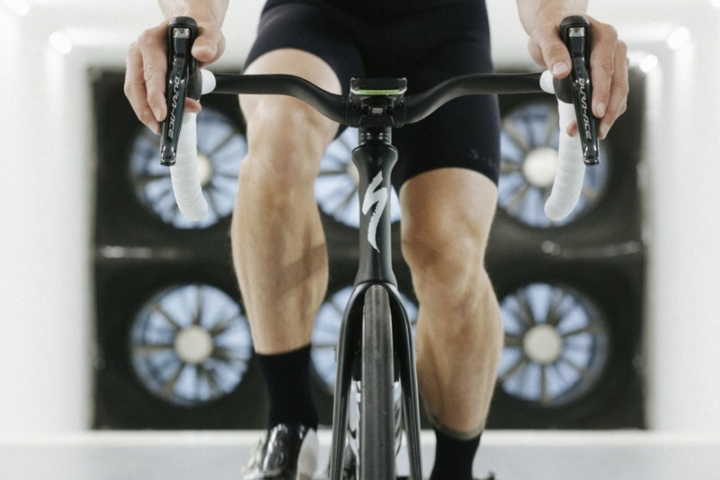
Bike tech journalist Ben Delaney helps us highlight aerodynamic gear and bicycle technology that offers the best return for your investment.

We’re joined by one of the world’s preeminent nutrition researchers to dive into the history, changing perception, and efficacy of supplements.

We gathered some of our favorite nutrition-themed questions on the psychology of food, the advantages of running before or after a big meal, winter weight fluctuations, and more.